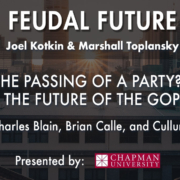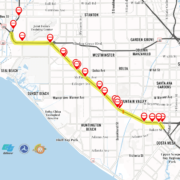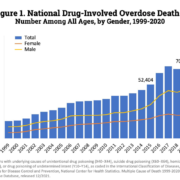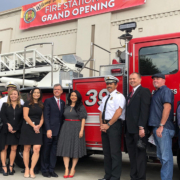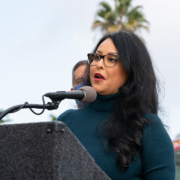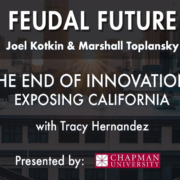Public Perceptions on Crime are more Legitimate than Politicians Think
Users of Social media platforms, like Twitter, are exposed to footage of some of the most heinous crimes in major U.S. metropolises. Millions of viewers have been exposed to individuals being pushed onto subway tracks, robberies in daylight, drive-by shootings and much more. Users are drawn to this content as major news networks are reluctant to highlight certain types of community crime.
Concerns over public safety can be one of the most polarizing policy issues that divide Americans. The past years of mainstream journaling would have convinced the people that inefficient police forces are the source of the problem, which has scurried in plans and laws that minimize their intervention. Radical plans in New York, like the Reimagined Public Safety and Duty to Retreat bill, have all come to fruition under anti-police sentiments. On the other hand, the current proliferation of violent crime and the exposure of it on social media has shed new light on the conversation. Left-wing politicians, like Karen Bass, did a complete one eighty from their ‘defund the police’ rhetoric and are now responding to their constituents’ desires for a stronger police presence.
In 2020 the CDC reported that the homicide rate rose 30% from 2019, which is the largest uptick ever recorded in the past century. According to the FBI’s Uniform Crime report, about 21,750 murders were recorded in 2020 compared to 16,425 murders in 2019. While current rates of homicide retracted to lower levels, concerns of being a victim to these sorts of crime still resonate with the public. The online exposure to neighborhood violence is expected to keep millions of viewers on alert as they go about their daily lives.
Some argue that their fears aren’t legitimate considering the decrease in overall general crime from the past years. Fear mongering certainly exists and algorithms have proven their potential to manipulate online users. But the public safety issue is not only plagued with a rise in homicidal violence. About half of the homicidal crimes conducted in 2019 have remained unsolved- plaguing the cities with hundreds of unconvicted felons.
According to an FBI report, the clearance rate, which is the reported rate at which killings were solved, was just under 50% nationally. Cities like New York, Baltimore, and Houston were even lower than the national average– NYPD 27%, BPD 47%, HPD 46%. This is crucial to the well-being of residents since it determines their comfortability of existing in public spaces alongside neighbors.
The mass exodus out of New York, Los Angeles, and San Francisco are testament of the public perception on public safety. They simply do not want to live amongst criminal predators. Despite the lingering anti-police rhetoric from BLM movements in 2020, Politicians are realizing that only police can resolve their constituents’ concerns.
Los Angeles is one of the premier cities that are rebuilding its police force by calling for more personnel and experts that can contribute to investigative efforts. This move is in response to a report that only 54% of murders in Los Angeles were solved. Despite the fact that it’s above the historically low national average of 45%, Los Angeles is the second most populated city in the U.S with a very high homicide rate.
It shouldn’t be surprising that concerns on crime were a major ballot issue during Mayor Bass’s electoral race. Her strong commitment to public safety encompassed a wider range of constituents and she’s sticking to her promise of revitalizing LAPD. Her $13 billion budget, including plans to allocate $9 million to LAPD, was recently approved. Left-wing Politicians looking for reelection should take notes on Mayor Bass.
People around the world flock to twitter footage of neighborhood crimes in Chicago, Baltimore and New York. The message that it sends to our universal neighbors makes freedom and democracy look chaotic at the community level. Those city councils should recognize the catastrophe and develop a pro-police approach that instills trust in the community.
Cruz García is a research fellow at the Urban Reform Institute. He received his masters degree from the Pepperdine School of Public Policy and his undergraduate degree from the University of Michigan College of Literature Sciences and Arts. His past research has focused on domestic politics and economic mobility in low-income communities.


